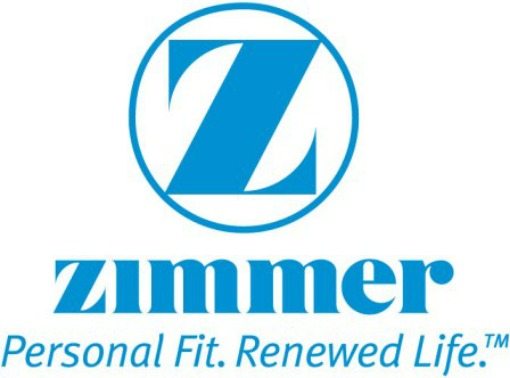FDA Warns Zimmer over Practices at Puerto Rico Manufacturing Plant
Editors carefully fact-check all Drugwatch.com content for accuracy and quality.
Drugwatch.com has a stringent fact-checking process. It starts with our strict sourcing guidelines.
We only gather information from credible sources. This includes peer-reviewed medical journals, reputable media outlets, government reports, court records and interviews with qualified experts.

The U.S. Food and Drug Administration (FDA) has warned Zimmer Holdings Inc. about its practices for manufacturing and testing hip implants at one of its plants.
In a Sept. 19, 2012, letter, the agency said Zimmer was not complying with federal regulations in place for the production of its Trilogy Acetabular Systems at its Ponce, Puerto Rico, plant. The FDA warning, according to CNBC, pointed to the company’s failure to meet standards in two areas: testing to uphold design specifications and validating the effects of manufacturing operations on products that incorporate metallic spikes.
In Zimmer’s regulatory filing, the company said the FDA did not stop production or ban shipment of the hip devices as a result of the warning, which came after a June inspection of the plant. However, the company has voluntarily and temporarily halted the release of the affected products.
Zimmer reported it already has completed the validation of devices without spikes in the Trilogy line and will do the same for spiked products within the next few weeks.
Problems with Zimmer Hip Implants
The FDA warning letter is just the latest in a series of concerns over Zimmer’s hip implant devices. Zimmer is contending with numerous lawsuits over its Durom Cup, which is a metal socket used in total hip replacement surgeries. The device received FDA approval in 2006, but it wasn’t long before orthopedic surgeons and patients noticed that the cup loosened and failed quickly after implantation, causing excruciating pain. Typically, artificial hips are expected to last 15 years.
Zimmer recalled the Duron Cup in 2008 for a couple of months while the company investigated more than 3,000 cases and concluded that doctors were not trained correctly to implant the device. The FDA says the Durom Cup was taken off the market because “instructions for use/surgical technique instructions were inadequate.” The device was put back on the market.
Problems with Metal-on-Metal Hip Implants
Metal-on-metal hip replacement devices from many manufacturers have been the subject of lawsuits in recent years because of the early failure rates, which require corrective surgeries, and metallosis, a poisoning of the bloodstream from the metal particles released when the metal hip components grind against each other.
Federal lawsuits against Zimmer over the Durom Cup continues to move forward in a consolidated multidistrict litigation in the District of New Jersey under Judge Susan D. Wigenton.


